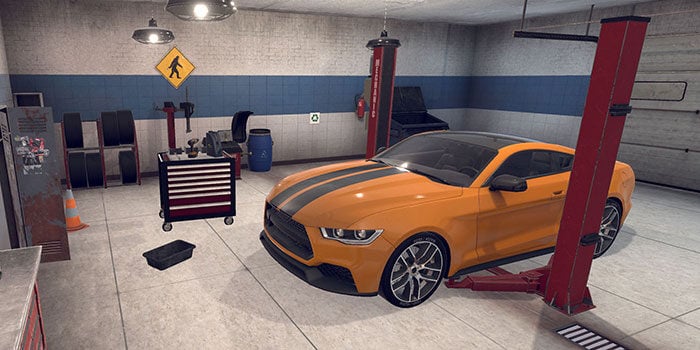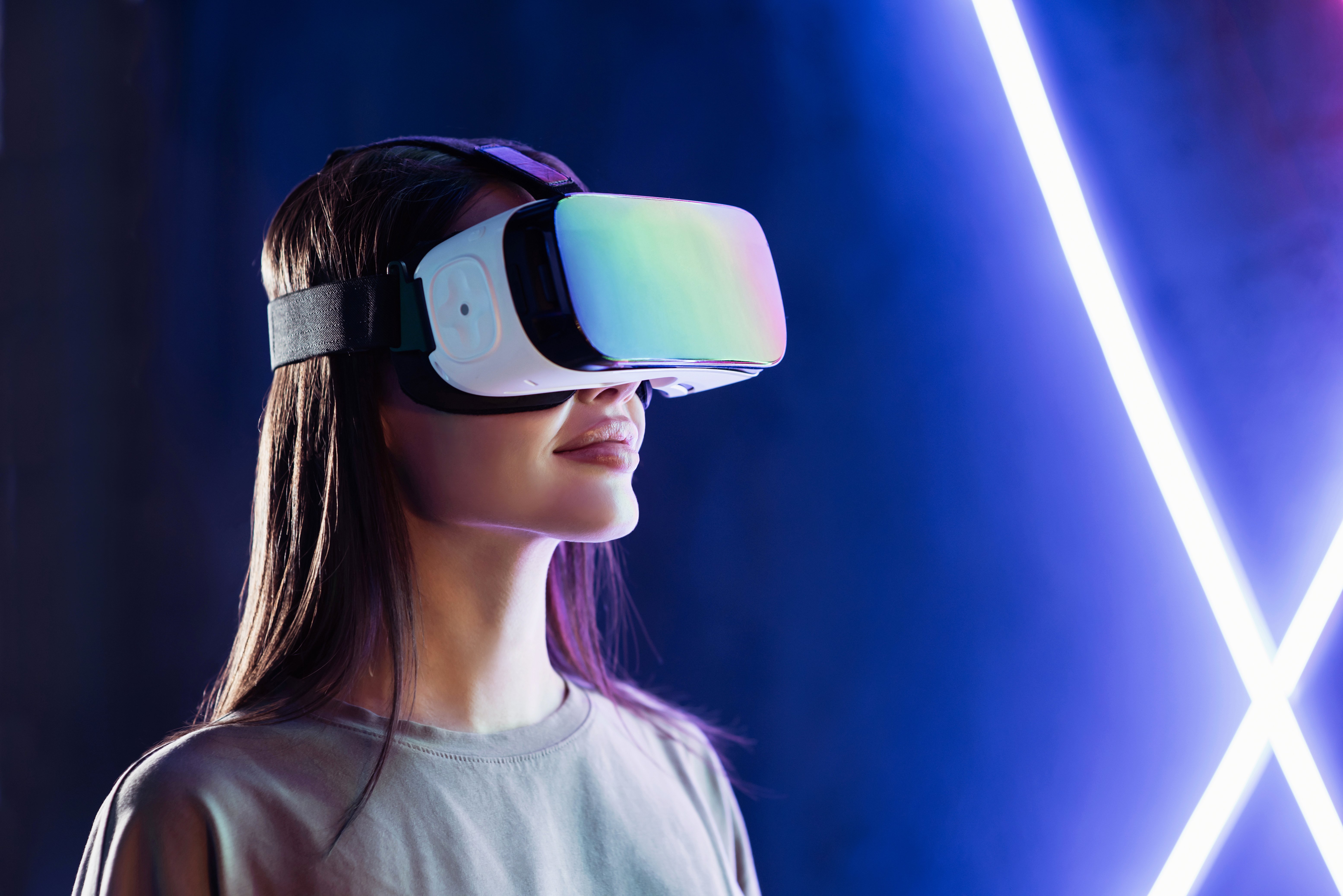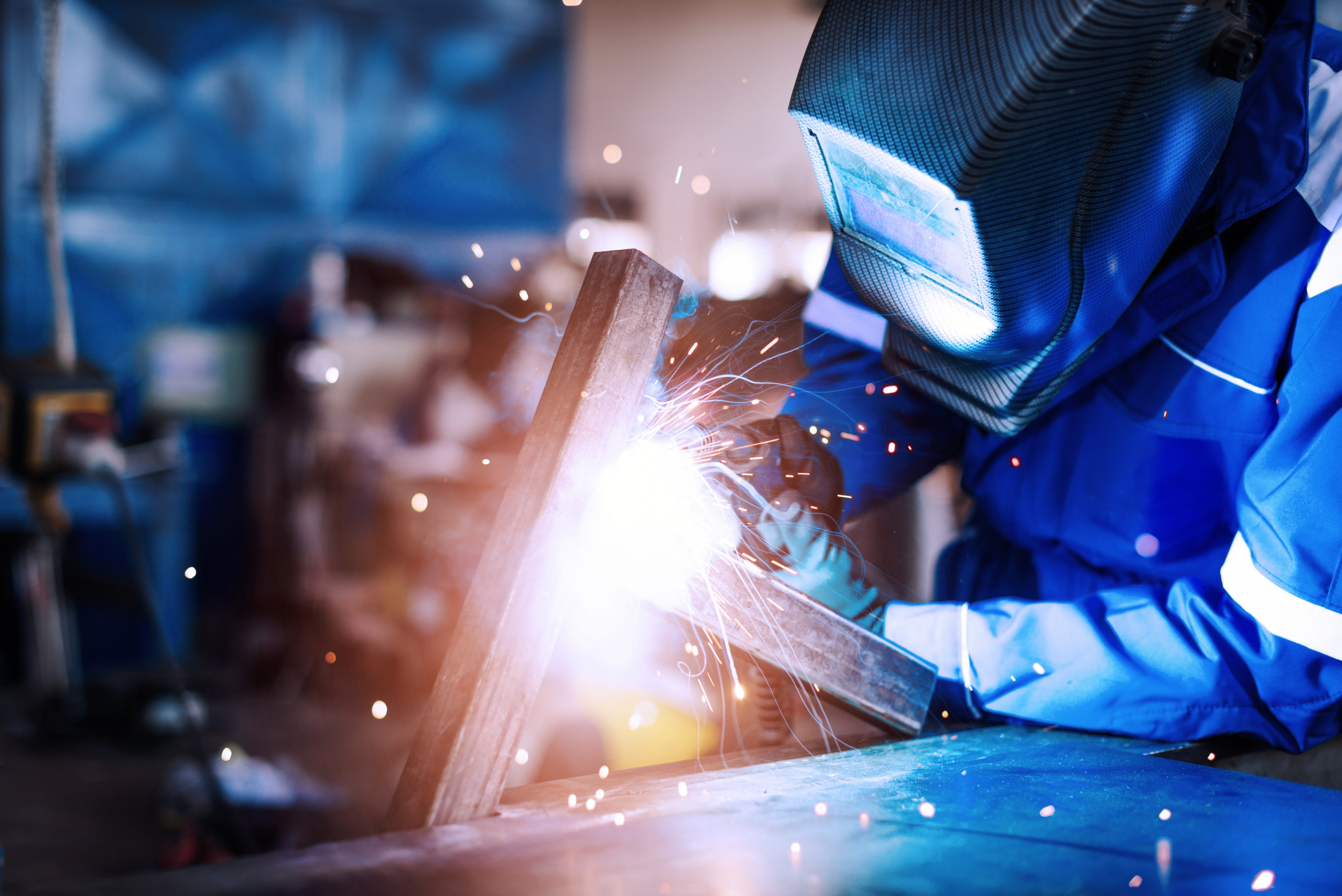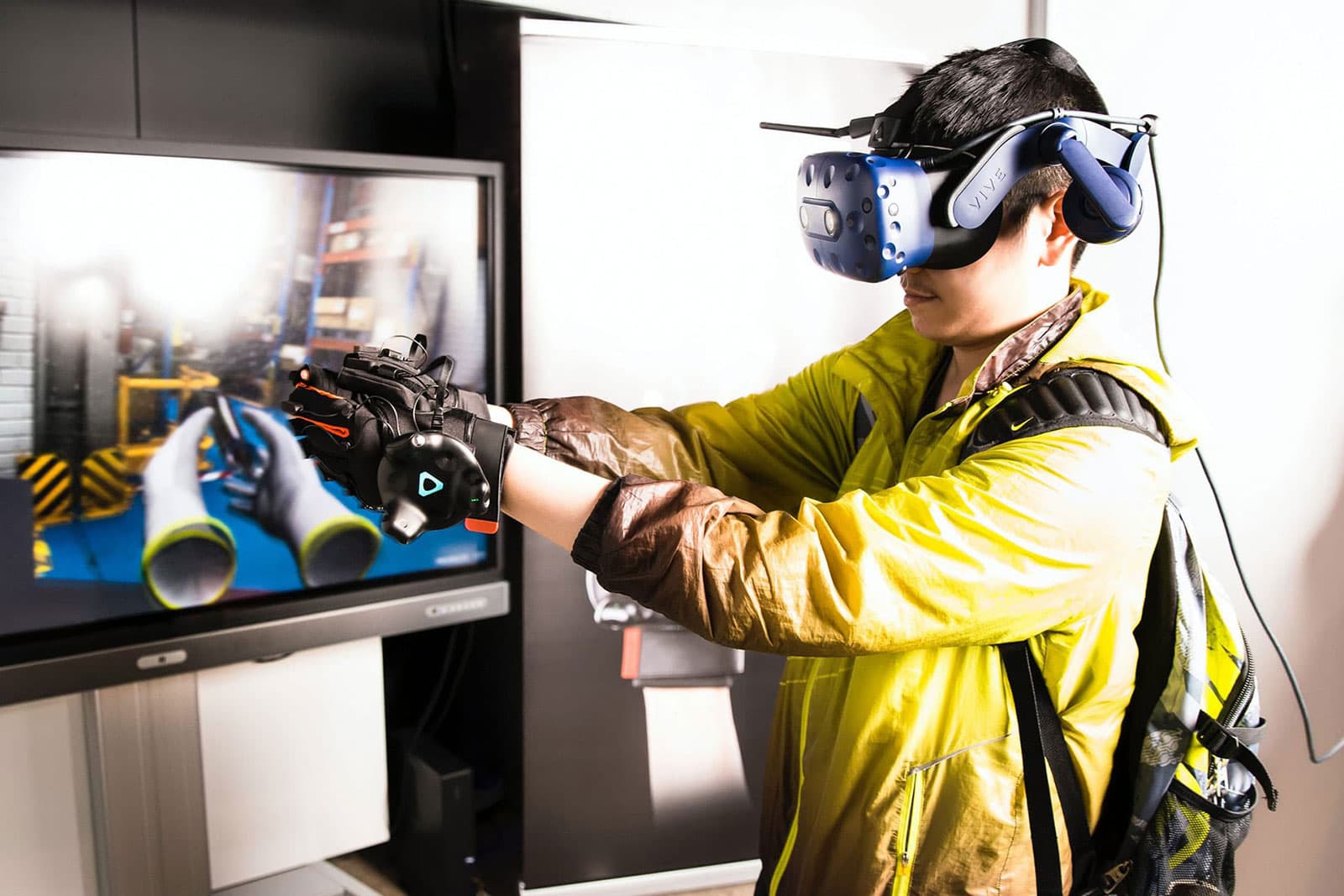Discover how Virtual Reality is revolutionizing vocational training, offering immersive, practical learning experiences that prepare students for real-world applications.
The Rise of Virtual Reality in Vocational Education
Virtual Reality (VR) technology has begun to transform vocational education by providing immersive learning environments that replicate real-world scenarios. The adoption of VR allows students to engage in hands-on experience without the risk or cost associated with physical training. This shift not only increases accessibility for a wider range of learners but also enhances the retention of practical skills by simulating on-the-job conditions.
Educators and institutions are increasingly recognizing the potential of VR to bridge the gap between theory and practice. By integrating VR into curriculum, students are exposed to the state-of-the-art technology that they will encounter in their future workplaces, thereby future-proofing their training and making them more competitive in the job market.
Transforming Technical Skills Development with VR
VR technology is particularly impactful in the development of technical skills, where precision and accuracy are paramount. For instance, in trades such as welding or carpentry, VR simulations provide an opportunity for learners to practice their craft in a controlled environment, honing their skills before applying them in a real-world setting.
The interactivity and feedback loops built into VR training programs allow for immediate correction and repetition, which are critical for mastering complex technical skills. Furthermore, VR can be used to simulate rare or dangerous situations that are difficult to recreate safely in a traditional training environment, ensuring that learners are well-prepared for any challenges they might face on the job.

VR in Healthcare Training: A New Frontier
Healthcare training has embraced VR to improve the education of nurses, surgeons, and other medical professionals. Through realistic simulations, healthcare students can practice procedures and patient interactions without the risk of harm. The immersive nature of VR offers a level of realism that textbooks or cadavers cannot provide, such as responding to life-like human anatomy and physiological reactions.
The use of VR in healthcare education also extends to soft skills training, such as patient communication and empathy. By placing students in virtual scenarios with AI-driven patients, they can develop interpersonal skills critical to delivering compassionate care, all within a safe learning environment.
Enhancing Mechanical and Engineering Education Through VR
Mechanical and engineering disciplines benefit significantly from VR by enabling students to interact with complex machinery and systems in a virtual space. This immersive experience allows for a deeper understanding of how components work together and react under various conditions, which can be difficult to grasp through diagrams or passive observation alone.
In addition to providing a hands-on learning experience, VR in mechanical and engineering education can reduce the need for physical prototypes, thereby saving on materials and allowing for rapid iteration of designs. This not only fosters creativity and innovation but also instills a practical problem-solving mindset that is invaluable in the field.

The Future of VR in Vocational Training: Trends and Predictions
The future of VR in vocational training is bright, with trends indicating a move towards more collaborative and interactive VR learning experiences. As VR technology continues to advance, we can expect to see more sophisticated simulations with better haptic feedback, higher resolution, and more realistic scenarios.
Predictions for the future also include the integration of Artificial Intelligence (AI) with VR to provide personalized learning experiences that adapt to the user's skill level and learning style. This could revolutionize the way vocational training is delivered, making it even more effective and efficient. Moreover, as VR becomes more affordable and accessible, it will likely become a standard component of vocational training programs worldwide.




